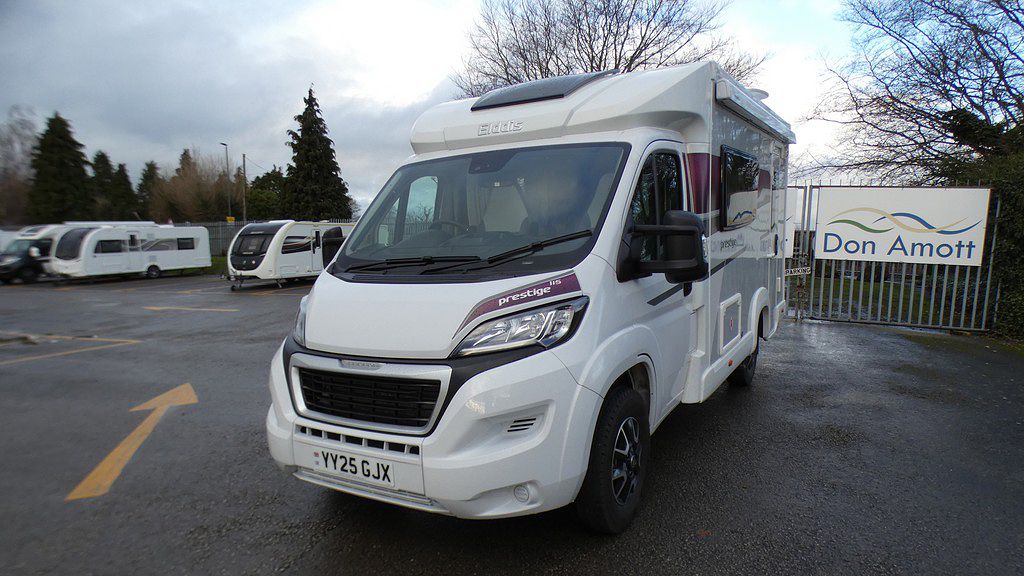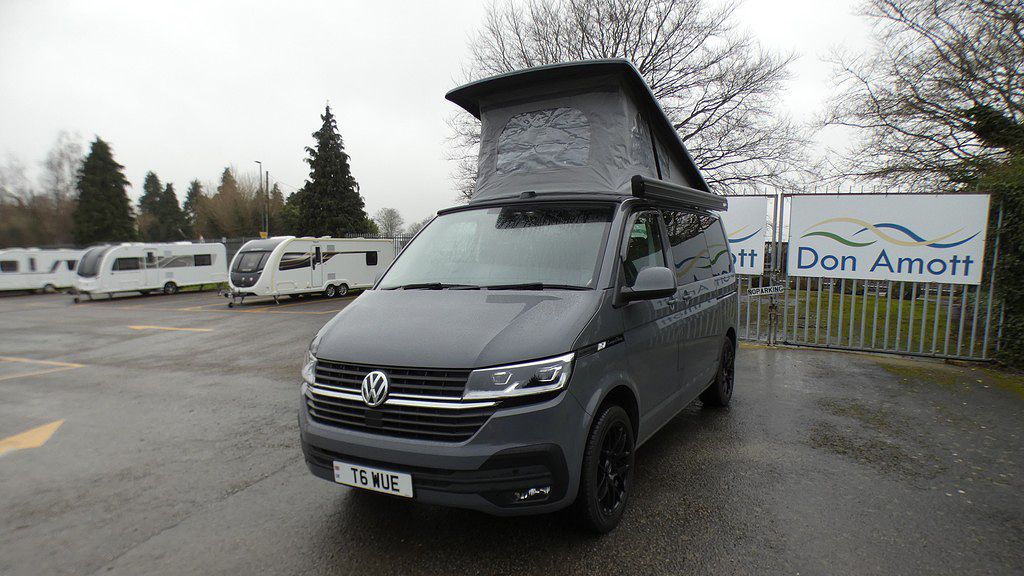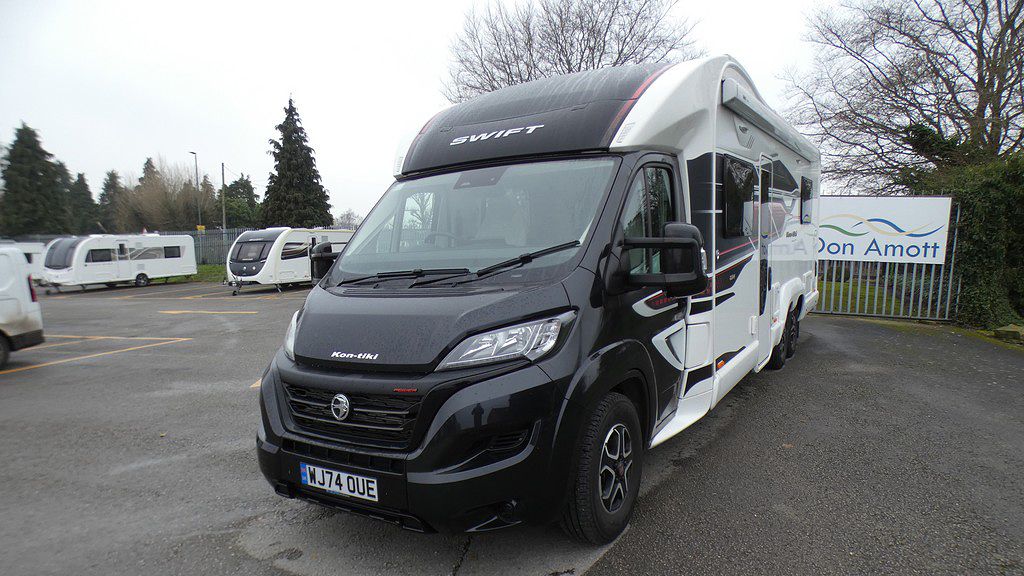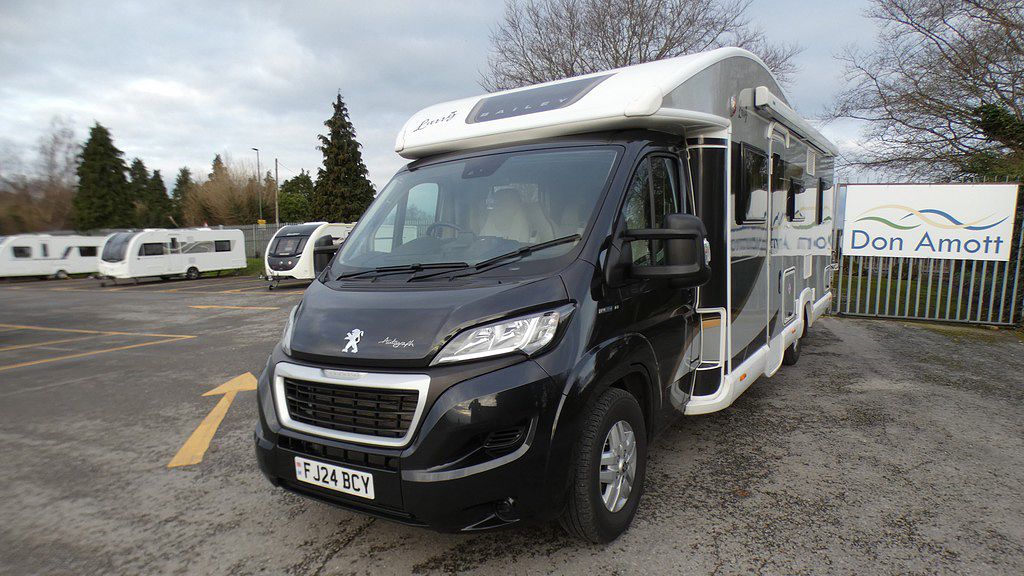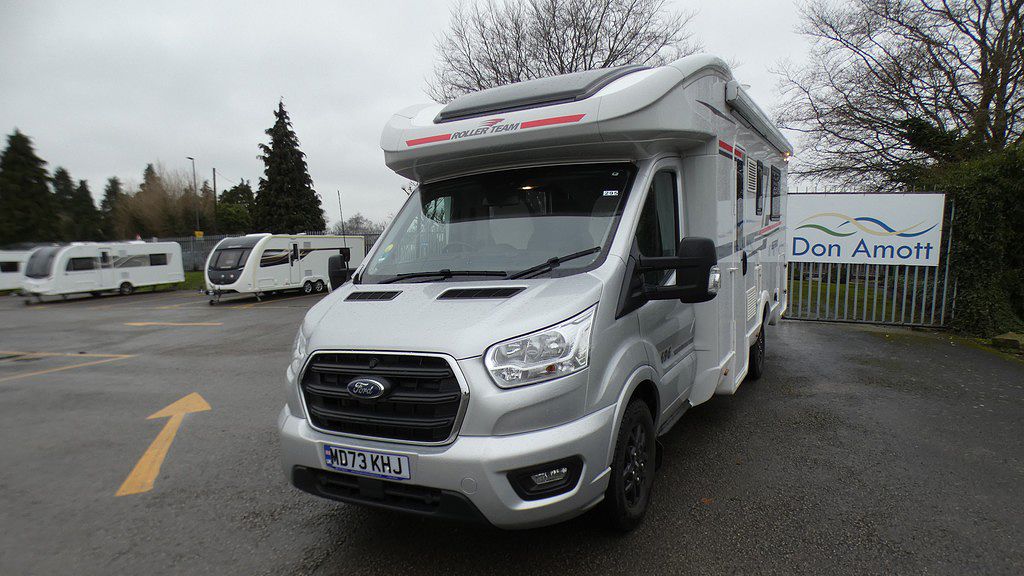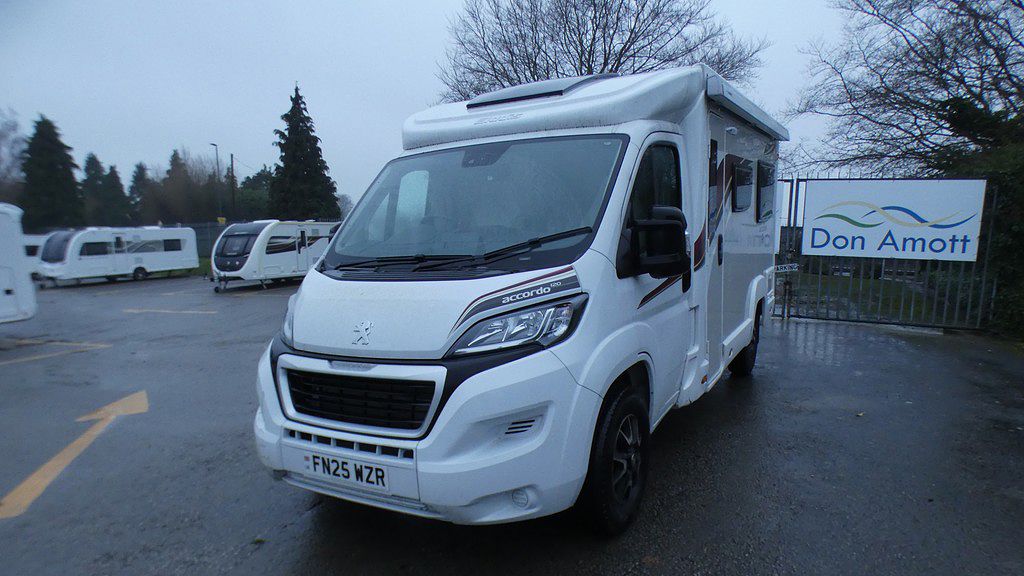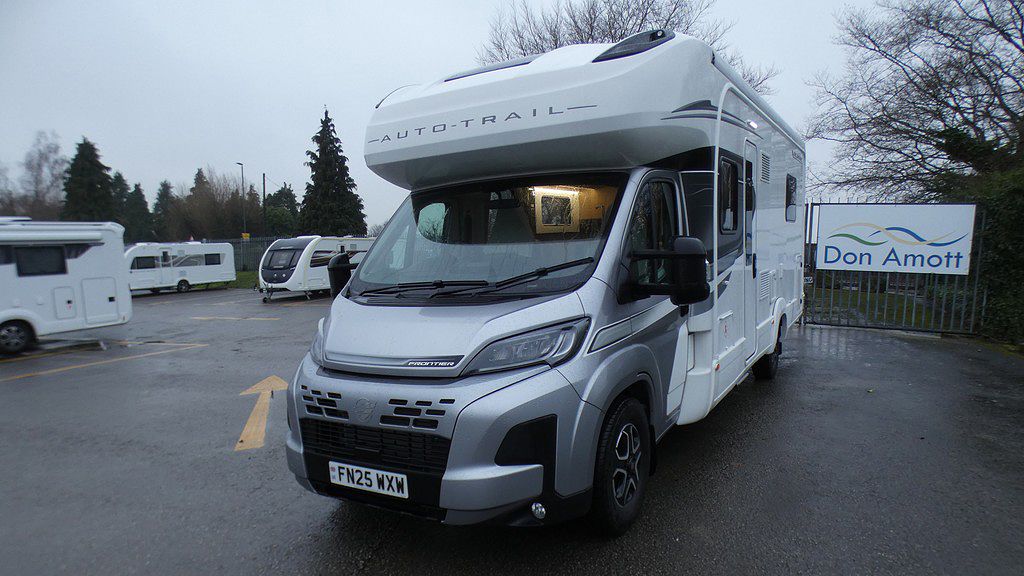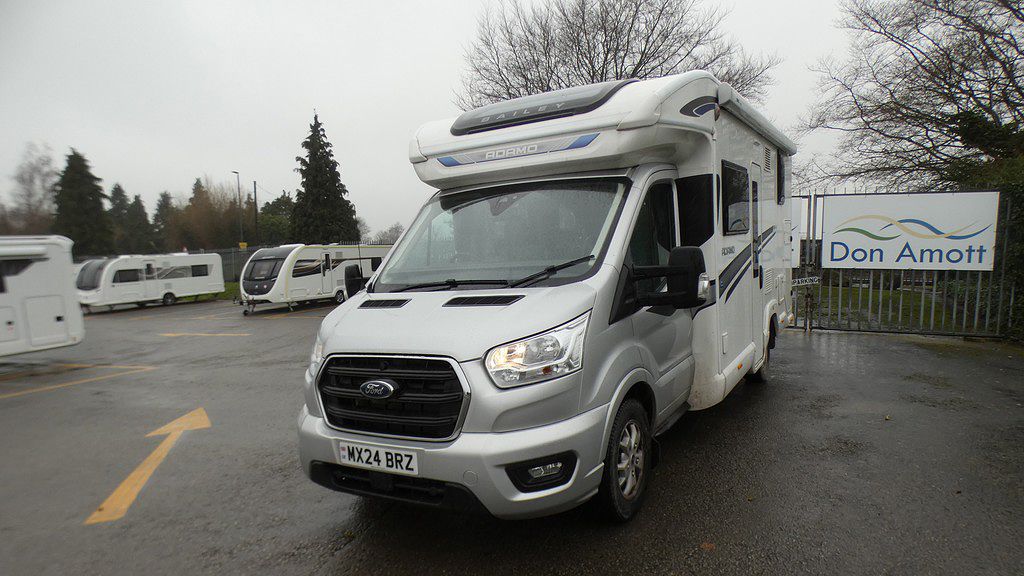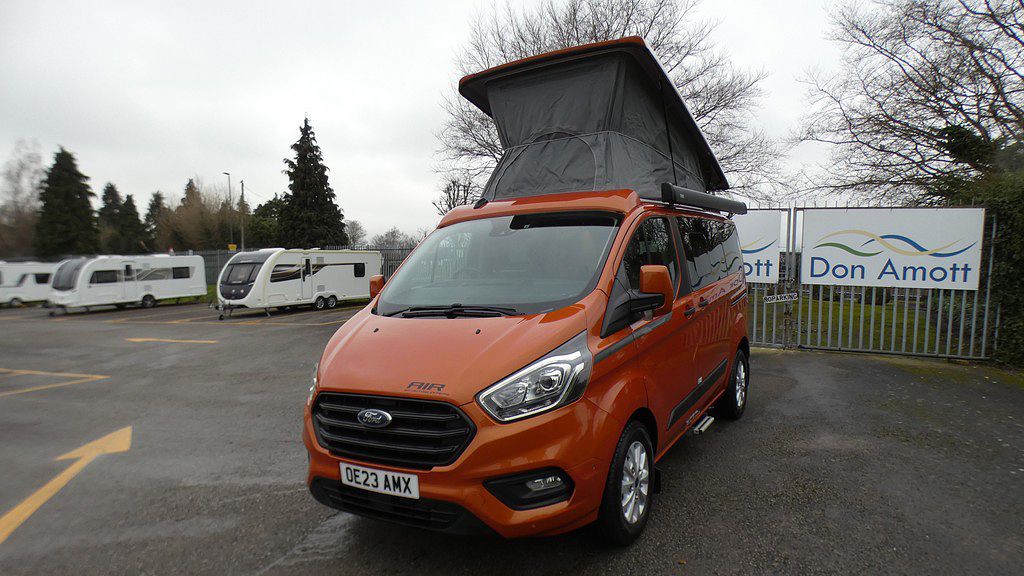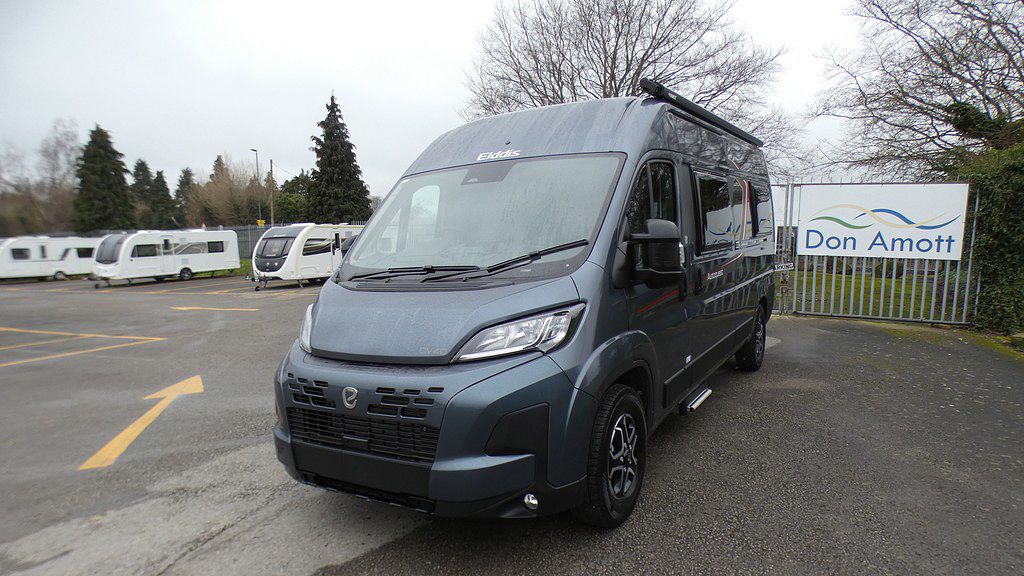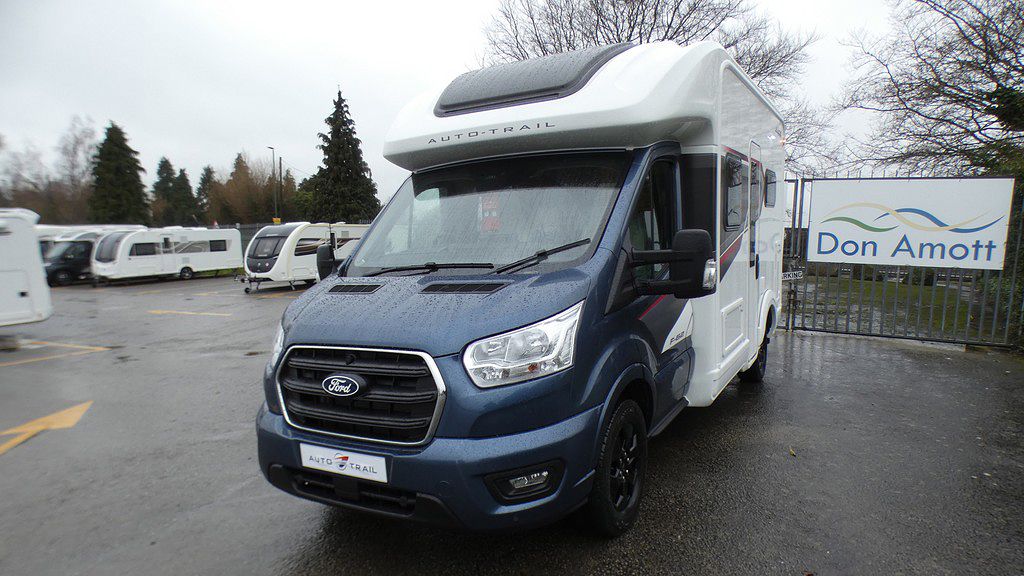The 2035 Ban is Approaching: Should I Still Buy a Petrol or Diesel Motorhome or Campervan?
6 minutes well spent
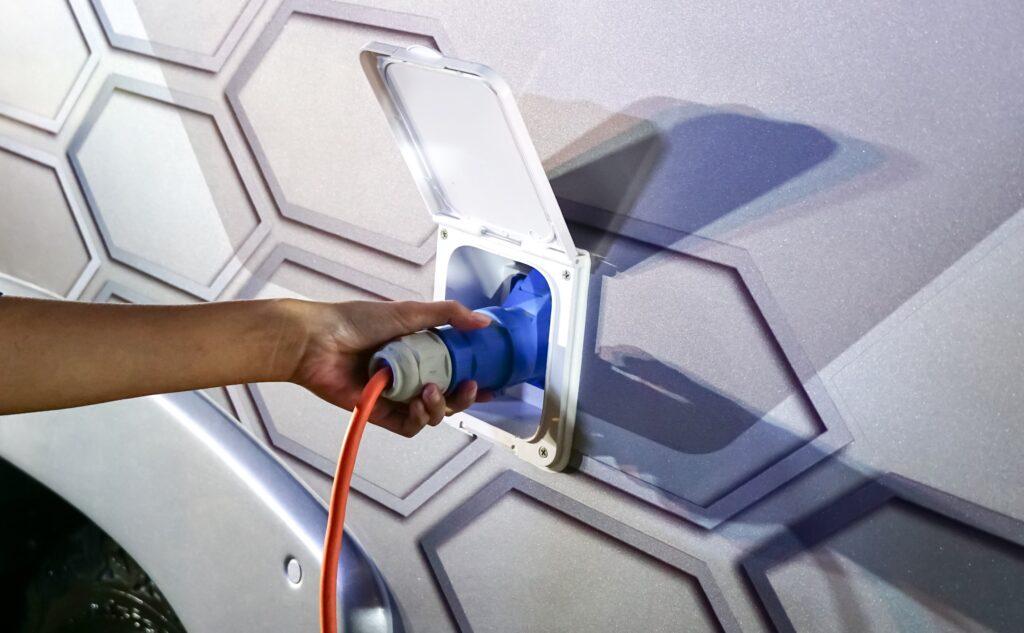
Quick Overview
With the UK’s 2035 ban on new petrol and diesel vehicles approaching, buying a traditional motorhome or campervan is still a smart choice. The ban affects only the sale of new fossil-fuel models, used vehicles will still be legal to drive, buy, and sell well beyond 2035. Current EV technology for larger leisure vehicles is still developing, with limited range, higher costs, and fewer rural charging points. While electric options will improve as battery tech and infrastructure advance, petrol and diesel models remain reliable, cost-effective, and practical for travellers today, making now an excellent time to invest before the transition gathers pace.
It’s planned that in just 11 years from now the UK will undergo a significant transition in the transport landscape. The government has committed the country to banning the sale of new vehicles which are powered solely by petrol and diesel by that date. As part of an ambitious plan to achieve net-zero emissions by 2050, the ban includes leisure vehicles like motorhomes and campervans. For motorhome and campervan owners this whole issue raises some very important questions. With the 2035 ban just a decade or so away, should you still buy a petrol or diesel model now? Is it still a worthwhile investment, and what are the other implications?
In this edition of our blog we’ll explore these issues, and take a look at the government’s roadmap to 2035 and discuss the potential impact on leisure vehicle travellers.
What does net zero mean?
The term net zero refers to balancing the amount of greenhouse gases emitted with the amount removed from the atmosphere. This means reducing emissions from sectors such as energy production and industry – and transport – to as close to zero as possible and using carbon removal technology or offsetting for any remaining emissions.
The goal is to limit global warming and meet climate change targets which have been set by international agreements. The UK government’s strategy includes transitioning to renewable energy, electrifying transport, improving energy efficiency and supporting development and innovation in carbon capture and storage technologies.
Understanding the 2035 ban
The UK government has made a bold commitment to reduce emissions from various aspects of life including transport. Originally, the ban was set to come into force in 2030 but it has been extended to 2035, under specific guidelines. New vehicles that run solely on petrol or diesel will no longer be sold from that year forwards. Hybrid vehicles, which combine an internal combustion engine with an electric motor, will be available until 2035 if they can be driven a significant distance with zero emissions.
It’s very important to point out that the ban doesn’t mean petrol and diesel vehicles should or will be taken off the road entirely from 2035. It will still be legal to drive, sell and buy used petrol and diesel vehicles after that date, including motorhomes and campervans. The primary target of the legislation is the sale of new vehicles powered solely by fossil fuels. In other words, if you buy a diesel or petrol motorhome today, you’ll still be able to use it for many years to come. This point of reassurance for consumers is very important.
The pathway to zero emission vehicles
The UK government has laid out a pathway to zero-emission vehicles which focuses on the development of a robust electric vehicle infrastructure, with incentives for the uptake of these EVs. The strategy is to gradually phase out any reliance on fossil fuels, managed in this way to avoid abrupt disruptions to consumers and industry. There will be significant investment in EV charging stations (especially in more rural areas) to ensure that even motorhome and campervan owners travelling to remote locations will be able to access charging facilities.
Why buy a petrol or diesel motorhome or campervan now?
Investing in a petrol or diesel motorhome or campervan now is still a viable choice, despite the planned shift towards zero-emission vehicles.
- Lifespan: Motorhomes and campervans are often long-term investments. Unlike domestic cars, which tend to be replaced after around 5 to 10 years of ownership, motorhomes and campervans are typically kept for longer. Some owners use them only seasonally, and they’re designed and constructed to last for decades (with proper upkeep and maintenance). Buying a petrol or diesel model today means you’ll have years of use – perhaps even decades – before you need to transition to an electric or hybrid alternative.
- Driving restrictions: The government’s ban only affects the sale of new petrol and diesel vehicles from 2035 onwards. If you buy now, you won’t face any restrictions on driving the vehicle after 2035. Used models can still be sold, bought and driven, so you won’t find yourself forced to upgrade until you’re ready.
- Limited options: Although EV technology has advanced significantly for cars and the broader EV market is certainly growing, electric motorhomes and campervans are, really, still in their infancy. Larger, heavier vehicles require more power and larger batteries. Range anxiety (ie. the fear of running out of power too far from a charging station) is an understandable concern for many motorhome and campervan users, especially those travelling to remote areas. The infrastructure for EVs, particularly in rural locations or off-grid areas, is still under development.
The current market for electric motorhomes is not robust enough to meet the needs of all consumers, and though hybrid motorhomes are probably a more practical alternative in the current landscape, they’re not yet widespread. Therefore, petrol or diesel options are more appealing for customers after reliability and convenience.
Environmental trade-offs
EVs are crucial for reducing emissions but they’re not without environmental trade-offs. The production of lithium-ion batteries, which are essential for electric vehicles to run, is energy-intensive, and there are significant environmental and ethical concerns attached, particularly around mining practices. Additionally, the electricity that powers EVs still tends to come from non-renewable sources – though the UK is moving towards greener energy.
Motorhome and campervan users who cover a lot of miles each year might find that the carbon footprint of running a petrol or diesel model is currently comparable to that of an electric motorhome with a large battery, especially if they adopt eco-friendly driving practices.
Planning for the future
For those travellers looking to future-proof their investment, thinking about going electric or hybrid as these models become more available in the oncoming years is a smart move. Legislation is heading in that direction; the leisure vehicle industry is heading in that direction. Right now, many manufacturers are working on electric versions of their popular models, and some have already been released to market. However, it’s important to remember that this technology is still evolving, and in common with all advances, widespread adoption will take time.
Improvements in technology
It’s anticipated that that electric motorhomes and campervans will have faster charging times and much more powerful and efficient batteries by the year 2035, which will certainly ease range anxiety for travellers. Additionally, the UK government is investing in the charging infrastructure needed to support the EV revolution.
Cost
Electric motorhomes and campervans are currently much more expensive than their petrol and diesel counterparts. This is largely due to the investment in developing technologies, and the high cost of batteries. However, prices are expected to fall as mass production scales up before 2035. In the meantime, the upfront cost of a petrol or diesel model is much more accessible for customers. Until electric motorhomes become more affordable and widespread, petrol and diesel models remain a practical and cost-effective choice.
After 2035?
Ultimately, the ban on new petrol and diesel vehicle sales from 2035 will mark a significant shift in vehicle technology and consumer behaviour, but it does not mean the end for those who prefer the traditional internal combustion engine in their campervan or motorhome. You’ll still be able to drive your existing vehicle, and the second-hand market will remain strong for years to come.
Those who buy a motorhome or campervan now (from Don Amott, of course!) will be in a great position to assess the market and make an informed choice when the time comes to replace their vehicle in 2035 and the years following it. There’s no need to rush to switch – in 2024 and beyond a petrol or diesel motorhome is still a very smart, highly reliable investment.
We’ve got 100s of new and used stock for you to discover
The ultimate home of motorhomes, campervans & caravans sales in Derbyshire.


